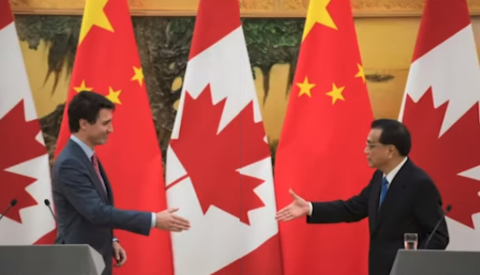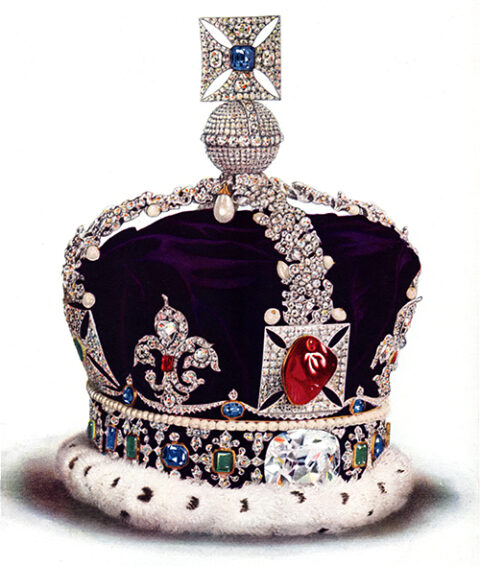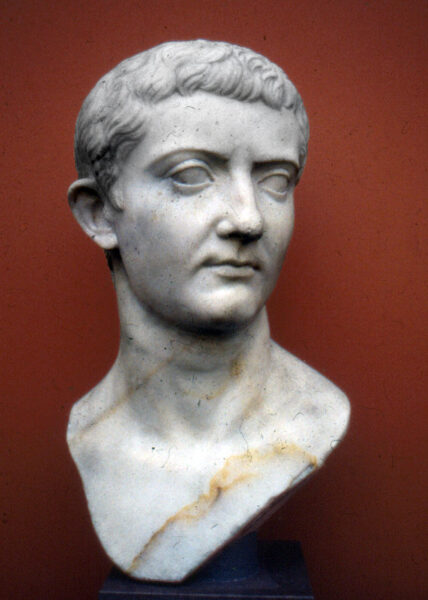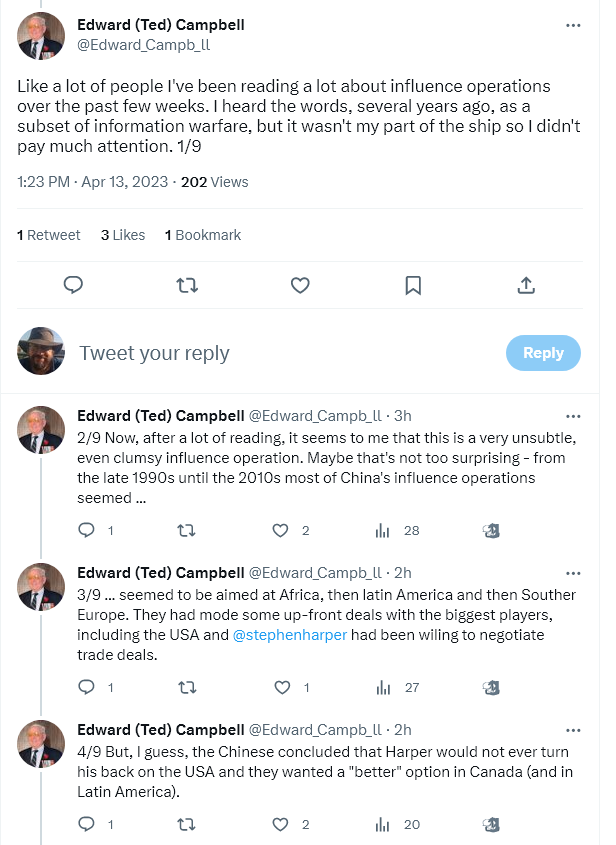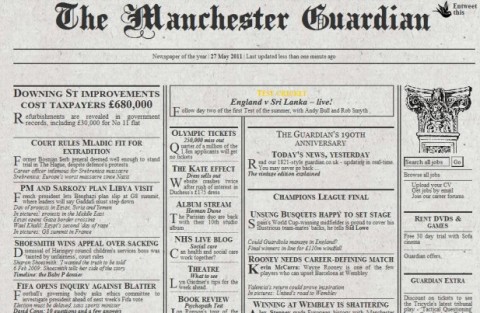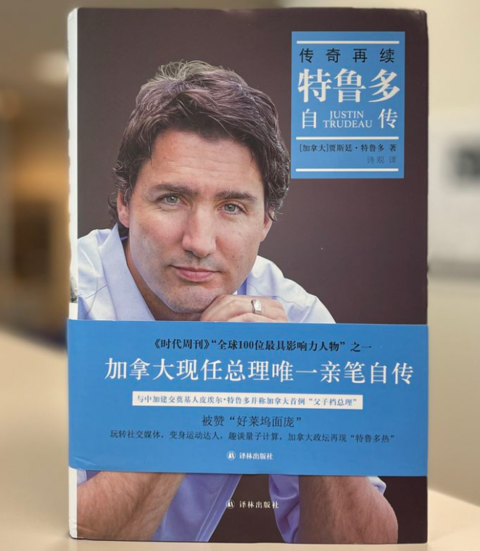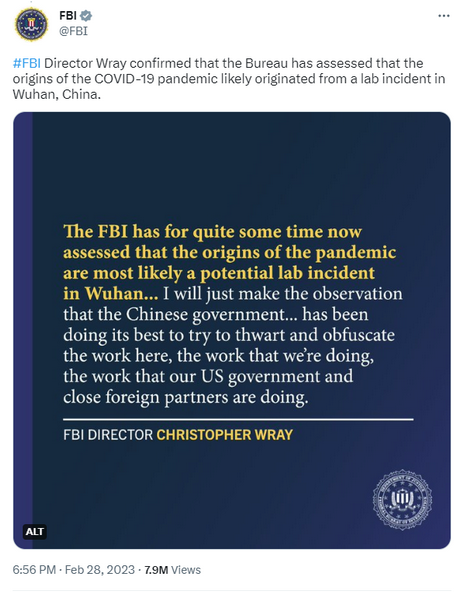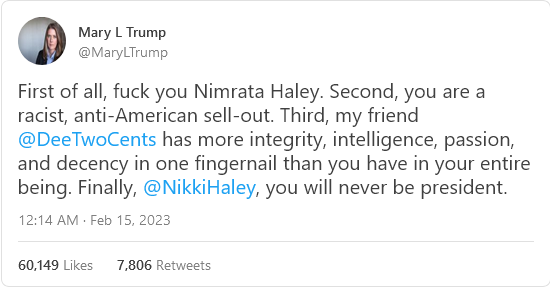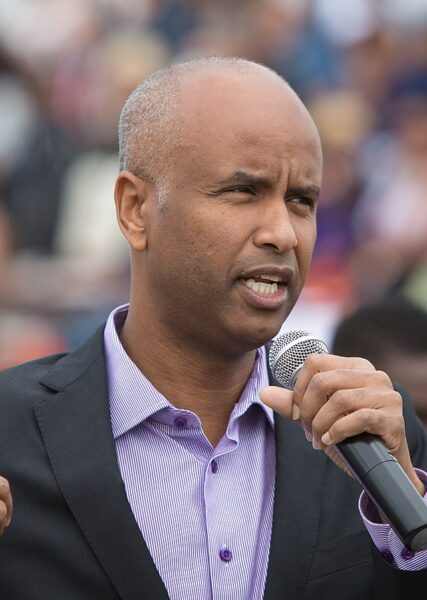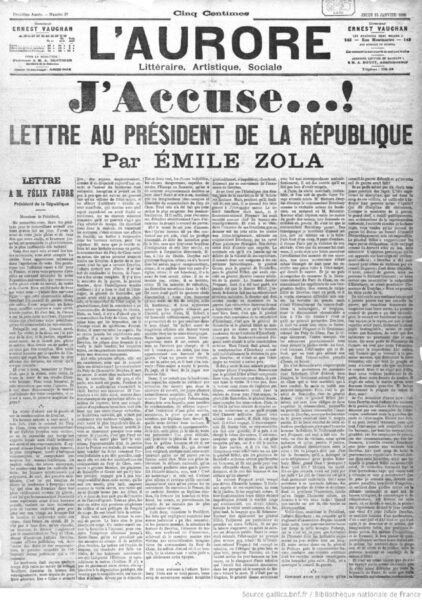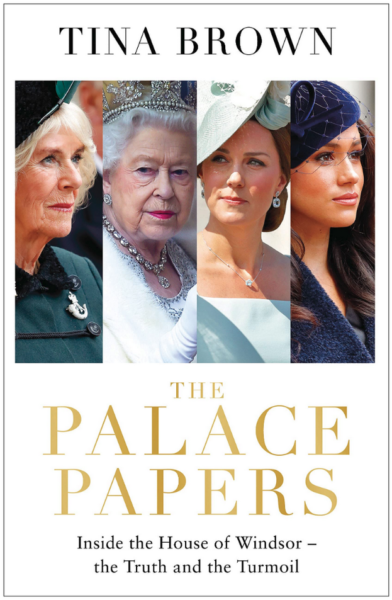From this heading, you might be a bit reminded of Mark Antony’s funeral oration for Caesar, as imagined by William Shakespeare (well, I was, so you’ll have to suffer a few lines of iambic pentameter):
Friends, Romans, countrymen, lend me your ears;
I come to bury Caesar, not to praise him.
The evil that men do lives after them;
The good is oft interred with their bones;
So let it be with Caesar. The noble Brutus
Hath told you Caesar was ambitious:
If it were so, it was a grievous fault,
And grievously hath Caesar answer’d it.Here, under leave of Brutus and the rest–
For Brutus is an honourable man;
So are they all, all honourable men–
Come I to speak in Caesar’s funeral.
He was my friend, faithful and just to me:
But Brutus says he was ambitious;
And Brutus is an honourable man.He hath brought many captives home to Rome
Whose ransoms did the general coffers fill:
Did this in Caesar seem ambitious?
When that the poor have cried, Caesar hath wept:
Ambition should be made of sterner stuff:
Yet Brutus says he was ambitious;
And Brutus is an honourable man.
Perhaps I’m reading too much into the opening line of Philippe Lagassé’s article about former Governor General David Johnston’s role in whitewashing the Trudeau running dogs, however:
David Johnston is an honourable man. As a former governor general, he holds the title of Right Honourable and he wears it better than many former prime ministers who share that moniker. Johnston is also a champion of trust in democratic institutions; he literally wrote a book called Trust: Twenty Ways to Build a Better Country.
Although his appointment has been plagued by questions about his perceived conflicts of interest, it’s hard to accept that Johnston set out to protect the Liberal party. Whether one agrees with him or not, Johnston’s conclusions were arrived at sincerely and in keeping with his view that “Democracy is built on trust.” Unfortunately, his recommendation against a public inquiry is not only bewildering from a political perspective, but could erode the very trust in democracy that he wants to strengthen.
Whatever we think about Johnston’s first report, we should be concerned with his appointment as the special rapporteur. Aside from the perceived conflicts of interest, we should ask why a former governor general accepted the role in the first place. Serving as a vice-regal representative should be the last public role an individual performs. Any other public duty performed by a former governor general or lieutenant governor, however well-intentioned and performed, carries risks that can diminish these offices. Johnston’s experience is a cautionary tale for future vice-regals.
The governor general is the second-highest office of the Canadian state, under the monarch alone. The King’s representative performs most of the Crown’s head of state functions in Canada, both constitutional and ceremonial. Official independence and non-partisanship are essential parts of the head of state function. Canadians should be able to trust (there’s that word again) that governors general will be impartial in the exercise of their constitutional powers. We need only look at the 2008 prorogation controversy and the 2017 election in British Columbia to see why this matters for Canadian democracy.
Although less vital, independence and non-partisanship are also important for the governor general’s ceremonial roles. Having the governor general bestow honours ensures that Canadians are recognized by a neutral, but high-standing, representative of the state. An ardent Conservative can receive the Order of Canada while a Liberal government is in power without wincing, since the prime minister and cabinet are kept at a safe distance from the whole thing.
[…]
Former vice-regal representatives should take heed. They would do well to avoid becoming a new set of “retired Supreme Court justices”, whose judicial halo effect has become comically overused to stem political controversy. Indeed, Canadians should insist that the governor general’s salary and annuity come with a tacit bargain: you were set for life to ensure your impartiality and independence, now we never want to hear you wading into political controversies or see you hold another public office again.
This should not be too much to ask of the King’s representatives. No other public role has the formal role stature of a vice-regal office, aside from the monarch, and none are as carefully insulated from partisan battles. The office of governor general should be held by those at the end of a remarkable career, as a final act of independent and impartial public service.
Also in The Line, Mitch Heimpel seems to be a bit less willing to tolerate the use of a former Governor General as ablative shielding for a compromised government:
In the end, David Johnston proved himself to be exactly what his critics argued he always was.
A fervent defender of his advantaged status quo. Another among the thoroughly compromised set of politicians, senior civil servants and academics who have, over the decades when it comes to Canadian foreign policy regarding China, taken the money and run. The idea that he was ever going to be anything else was a figment of our own collective fantasy.
We believed we were a serious country. David Johnston has laughed in our faces at the very thought.
The families of members of Parliament have been targeted for possible “sanctions”? No matter.
Our elections are the subject of coordinated foreign intelligence operations? Well, sure. But what is democracy really?
Really, you see, Johnston told us — without ever being quite so direct about it, because people of Johnston’s polite air are rarely so crass — the media was your problem. They published things without the appropriate “context.”
Choosing Johnston was always a bit grubby. It was meant to politically neuter Conservatives because, after all, Stephen Harper appointed him to be the governor general. How could he possibly be compromised? Yes, he’s known the prime minister whose government he was investigating since Justin Trudeau was a small child. And, yes, as a university president, he was long an advocate for more open relations with China. And, yes, he involved with the Trudeau Foundation, which has found itself at the heart of the question of foreign interference coordinated by the Chinese Communist Party, but …
No, there is no “but”.
There is no other democracy which would have successfully conducted an elaborate farce of this magnitude to tell its citizens what it is painfully obvious that it wanted to tell them all along: You have no right to know.

